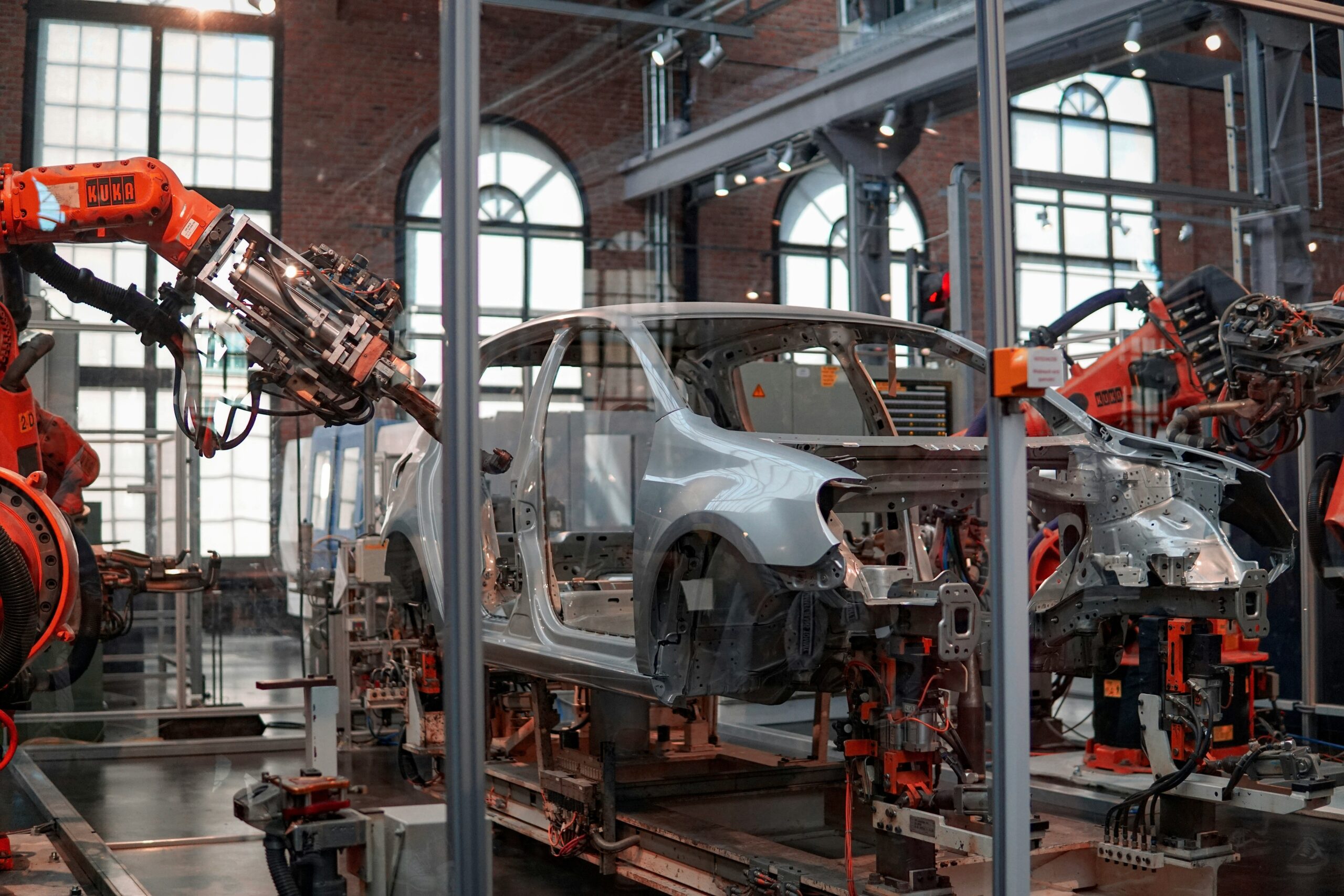
Sustainable manufacturing has become a critical focus in today’s industrial landscape as companies seek to minimize waste, reduce environmental impact, and improve operational efficiency. Emerging technologies are reshaping production processes, allowing manufacturers to optimize resources, lower energy consumption, and create more sustainable supply chains. Through advancements in automation, artificial intelligence, and innovative materials, industries are achieving unprecedented levels of sustainability while maintaining high productivity.
The Role of Smart Manufacturing in Sustainability
Technology is revolutionizing manufacturing by making processes more intelligent, more adaptable, and less wasteful. Smart manufacturing integrates data-driven decision-making, enabling factories to adjust production based on real-time insights. This reduces excess inventory, prevents material overuse, and enhances energy efficiency. With connected systems, manufacturers can predict and avoid equipment failures, ensuring that resources are utilized optimally and production downtime is minimized.
Artificial intelligence and machine learning further enhance sustainable manufacturing by analyzing vast data to identify inefficiencies. These technologies help manufacturers fine-tune their operations, from improving logistics routes to adjusting machine settings for maximum energy savings. The ability to anticipate and react to fluctuations in demand also prevents unnecessary production, reducing waste at every stage of the manufacturing process.
Automation and Waste Reduction
Automation is crucial in reducing waste and improving efficiency by streamlining production workflows. Robotic systems and automated machinery minimize human errors that often lead to material wastage. With precise and consistent operations, manufacturers can cut down on defective products, reducing the number of discarded materials and ensuring that raw resources are used more effectively.
In addition to improving quality control, automation also optimizes resource allocation. Advanced robotics can accurately measure and use materials, preventing unnecessary excess. By integrating automation into the production line, manufacturers can maintain high efficiency while reducing their environmental footprint. These improvements contribute to more sustainable operations without compromising output or profitability.
Energy Efficiency Through Advanced Technologies
Manufacturers are increasingly adopting energy-efficient technologies to lower their carbon footprint while maintaining productivity. Smart grids and energy management systems allow factories to monitor and adjust power consumption in real-time, ensuring energy is not wasted during low-demand periods. This level of control leads to more responsible energy use, benefiting both businesses and the environment.
Innovations such as regenerative braking in industrial machinery and advanced cooling systems help reduce overall energy consumption. Manufacturers can further optimize power usage by recapturing energy that would otherwise be lost. By integrating energy-efficient systems, companies reduce costs and contribute to a cleaner and more sustainable manufacturing sector.
The Impact of Sustainable Materials
The development and adoption of sustainable materials are transforming how products are manufactured. Industries are moving away from traditional raw materials that generate excessive waste, instead utilizing biodegradable, recyclable, and renewable alternatives. These materials reduce environmental harm and offer long-term cost benefits by creating more durable and reusable products.
3D printing technology further advances material efficiency by producing components with minimal waste. Unlike traditional methods that remove excess material, additive manufacturing builds products layer by layer, significantly reducing scrap. This shift toward sustainable materials and innovative manufacturing techniques is reshaping industries toward a greener future.
Digital Twins and Predictive Maintenance
The implementation of digital twins is revolutionizing manufacturing by enabling companies to create virtual operations models. These digital replicas allow manufacturers to simulate production scenarios, test optimizations, and detect potential issues before they occur. By proactively identifying inefficiencies, companies can make adjustments that prevent waste and enhance overall productivity.
Predictive maintenance, powered by real-time data analytics, ensures equipment runs efficiently for extended periods. By monitoring machinery performance, manufacturers can address failures before they lead to costly breakdowns. This reduces the need for excessive repairs, minimizes downtime, and extends the lifespan of critical equipment, all of which contribute to more sustainable production practices.
Sustainable Supply Chains and Logistics
Technology is reshaping supply chains by making them more efficient and environmentally responsible. Digital platforms and AI-driven analytics help companies track and optimize every supply chain step, from sourcing raw materials to delivering finished products. This visibility ensures that resources are allocated efficiently, preventing unnecessary transportation and reducing emissions.
Blockchain technology also enhances sustainability by improving supply chain transparency. With blockchain, manufacturers can trace the origin of materials and ensure they are sourced responsibly. This level of accountability encourages ethical practices, reduces waste, and strengthens sustainability efforts across global supply networks.
Water Conservation in Manufacturing
Water-intensive industries are adopting advanced technologies to minimize water usage and prevent pollution. Closed-loop water recycling systems allow manufacturers to reuse water multiple times before discharge, significantly reducing overall consumption. These systems also help prevent contamination by ensuring that wastewater is treated before being released into the environment.
Smart sensors and monitoring systems also enable precise water management by detecting leaks and inefficiencies. By addressing these issues in real time, manufacturers can conserve water resources while maintaining operational effectiveness. This shift toward water-efficient technologies is essential in promoting sustainable industrial practices.
The Future of Sustainable Manufacturing
As industries continue to embrace technology-driven sustainability, manufacturing is set to become even more resource-efficient and environmentally conscious. Integrating AI, automation, and advanced materials will reduce waste and enhance productivity. With ongoing innovations, manufacturers can balance profitability and sustainability, ensuring long-term success.
Collaboration between businesses, governments, and technology providers will also advance sustainable manufacturing. As policies and incentives encourage greener practices, companies will be more motivated to invest in eco-friendly technologies. With these collective efforts, the manufacturing sector will continue to evolve, leading to a cleaner and more sustainable future.